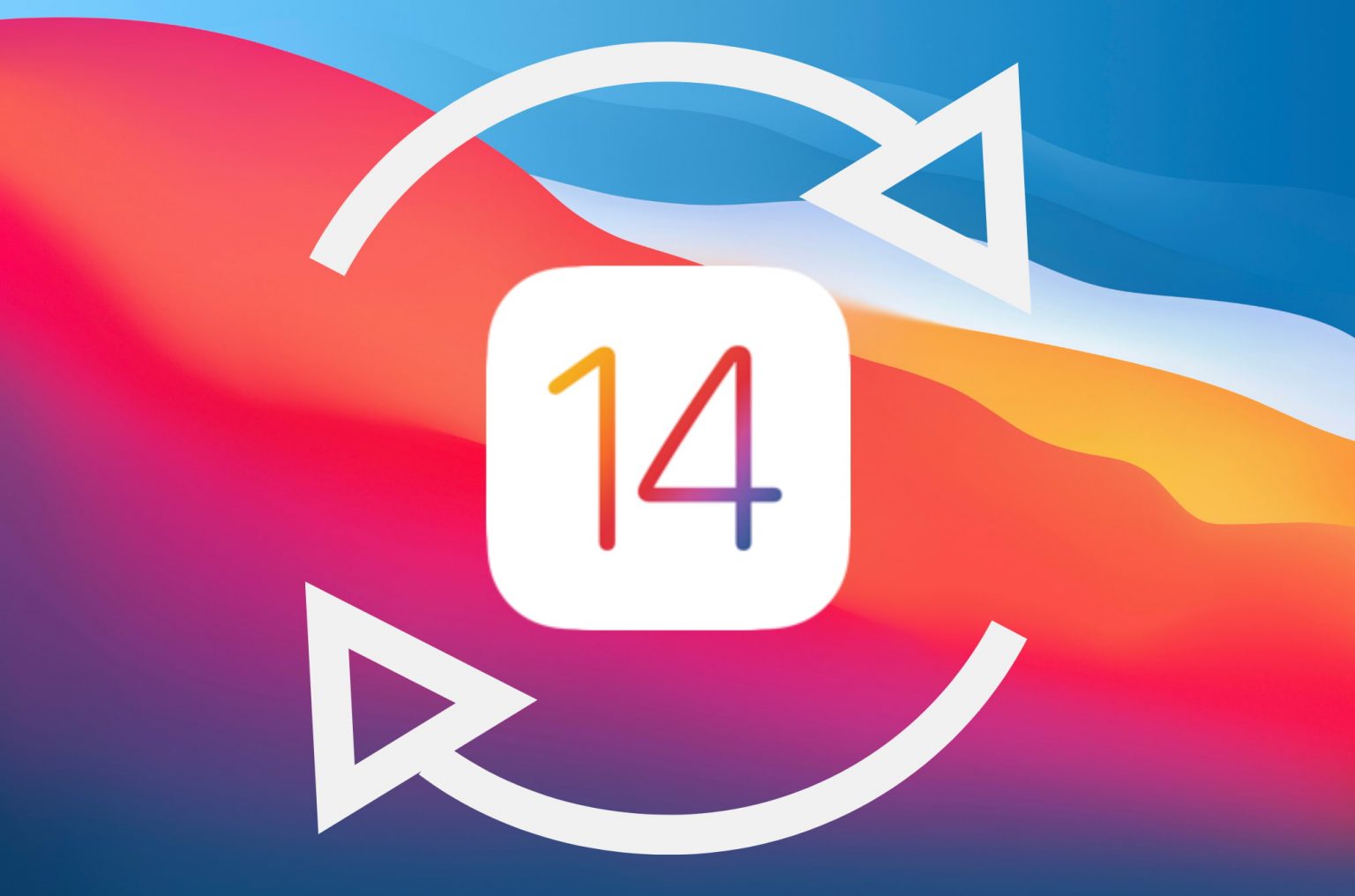Apple released iOS & iPadOS 14.4.2 last Friday alongside iOS 12.5.2 for older devices that don’t support iOS & iPadOS 14 in an effort to remedy a WebKit-based security vulnerability that the company had knowledge of being actively exploited in the wild to maliciously impact its user base.
Given the amount of time that has passed since the release of those updates, we’re unsurprised to learn that Apple has officially stopped signing iOS & iPadOS 14.4.1 this evening. It’s a move on the company’s part that bars the majority end users from voluntarily downgrading their handset’s firmware to the previous version.
Anyone who owns an Apple-made device shouldn’t be surprised to learn of this news, as the company routinely stops signing older firmware versions after a newer build has been released. This behavior helps ensure that most of Apple’s user base uses the latest version of iOS or iPadOS, which benefits not only the company, but in many cases the end user as well.

Software downgrades are a common endeavor in the jailbreak community as jailbreak apps typically support older versions of iOS & iPadOS that are vulnerable to specific kernel exploits. For the average user, however, software downgrades aren’t as common.
The lone exception to the aforementioned rule would be if a newly released software update introduced a serious bug much like the aggressive backgrounded app management issue that plagued iOS & iPadOS 13.2. Obviously in such a case, a software downgrade would remedy the issue by restoring previous functionality until Apple could push a hotfix by way of another software update. But instances like this are rare.
The change in signed firmware versions this evening doesn’t really impact anybody; not even jailbreakers. This is because iOS & iPadOS 14.3 are the latest jailbreakable versions on Apple’s newest devices. A small subset of older devices equipped with A7-A11 chips up to an including the iPhone X, can be jailbroken even on iOS & iPadOS 14.4.2 with checkra1n, as it utilizes an un-patchable hardware-based bootrom exploit to function.
With that in mind, today’s mention of unsigned firmware may fall on deaf ears, but it’s still worthy of note.
As for why Apple does this, it not only helps ensure that the highest number of users are taking advantage of the latest features and improvements, but it also allows the company to limit access to jailbreaking – an act that the company has frowned upon since its conception. Furthermore, forcing users to upgrade any time they want to restore their device boosts the company’s statistics every time they gloat about it at a Keynote.
Is it impossible to downgrade firmware after Apple stops signing it? That depends. If you saved .shsh2 blobs while a particular version of iOS or iPadOS was still being signed by Apple, then you may be able to use futurerestore to downgrade and this could make you eligible for jailbreaking. If you didn’t save your .shsh2 blobs or didn’t save them while that firmware was still being signed, then you’re unfortunately out of luck.
If you’re ever wanting to see whether a certain version of iOS or iPadOS is being signed, then you can visit the IPSW.me online utility to check on demand. You can also download any version of iOS or iPadOS that you might be looking for from our dedicated Downloads page.